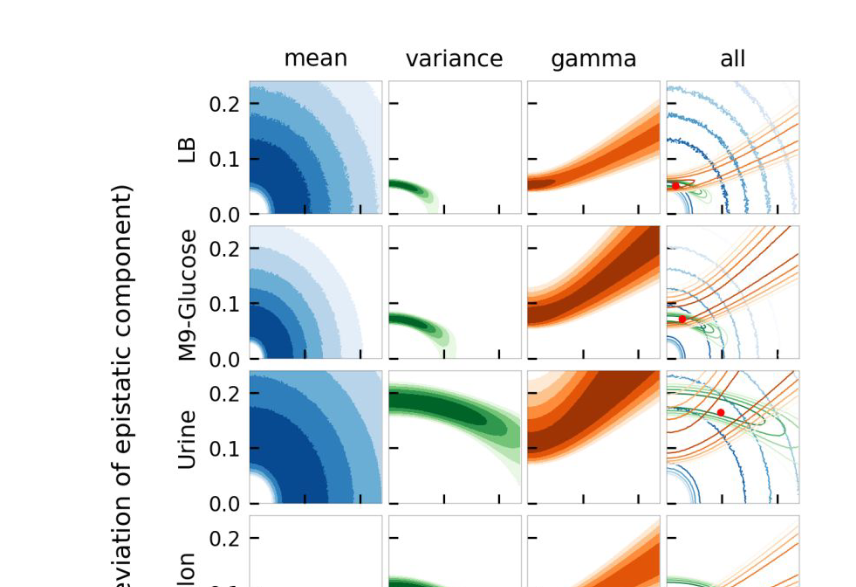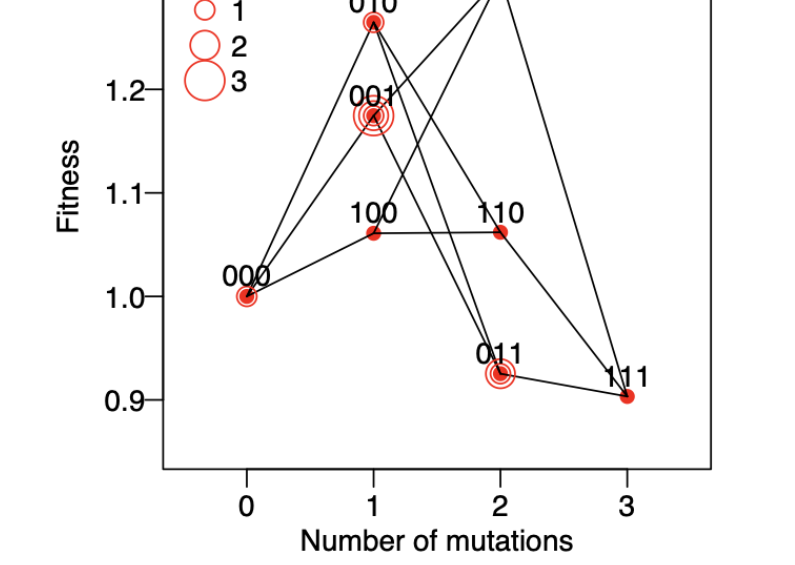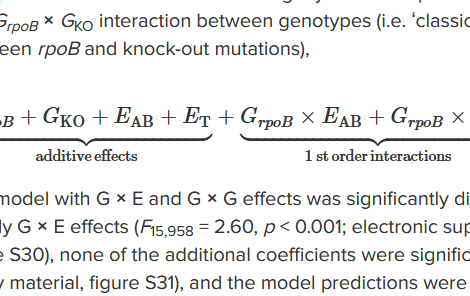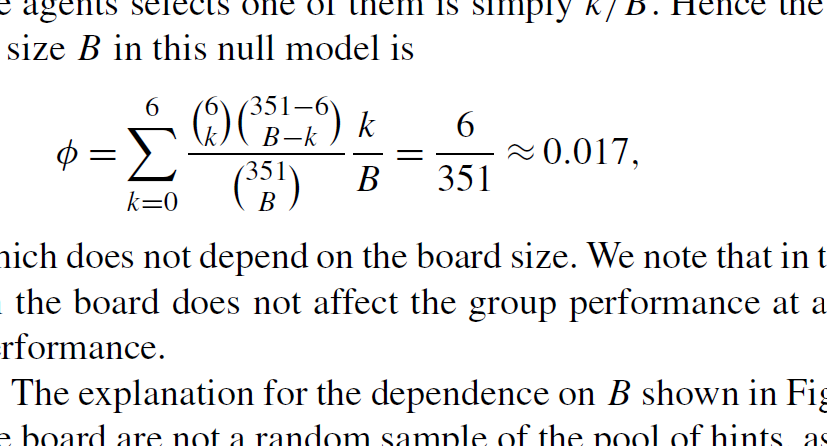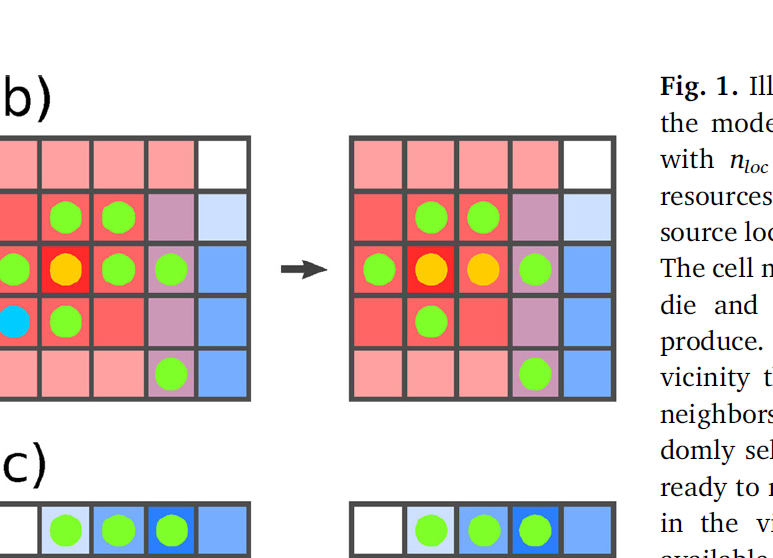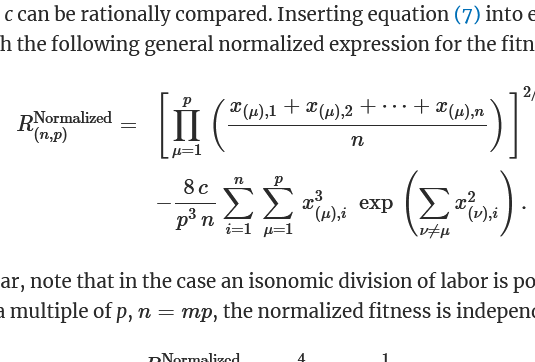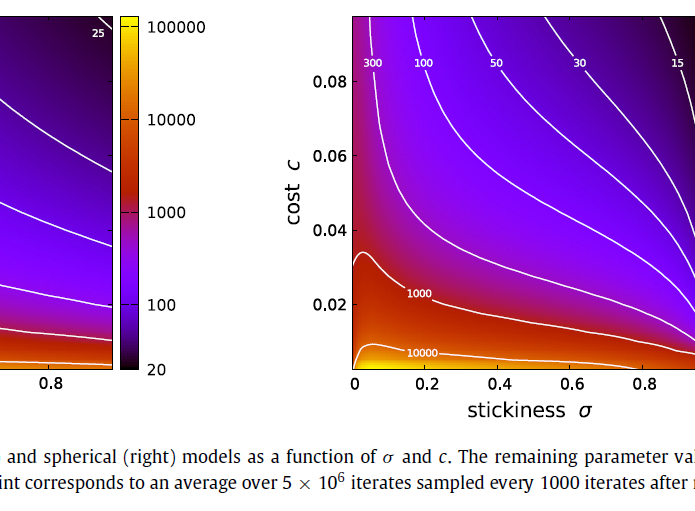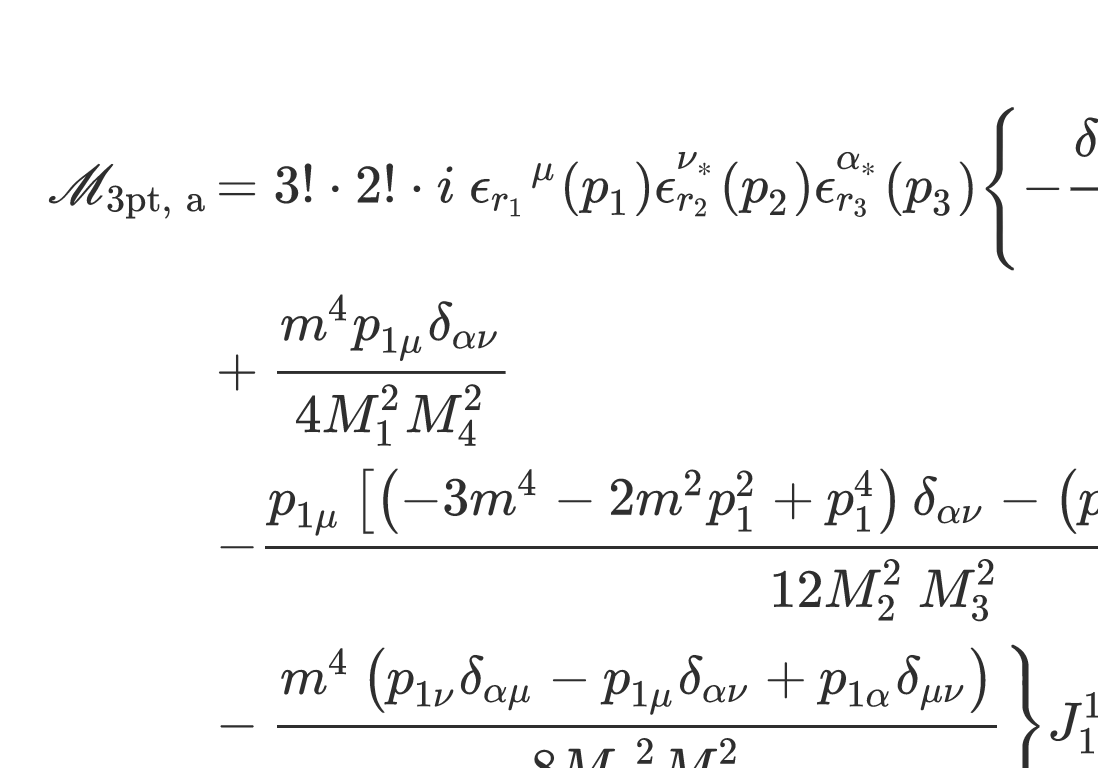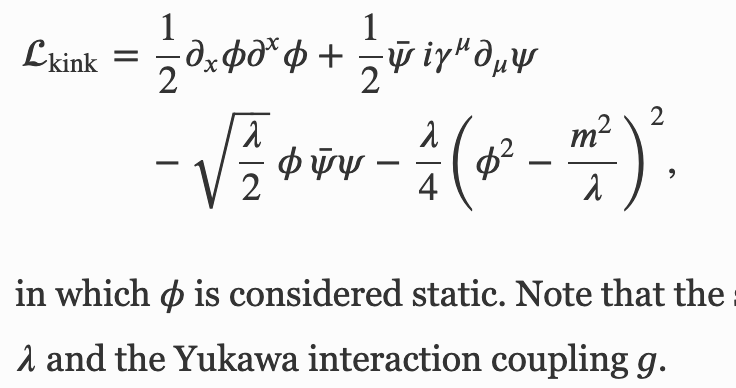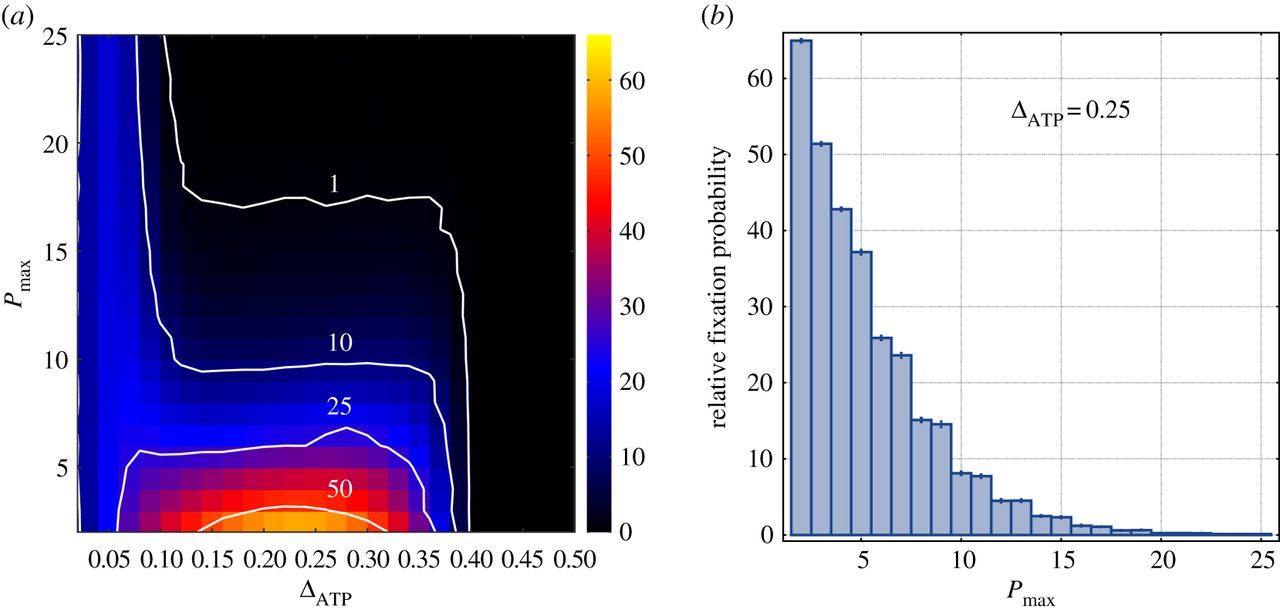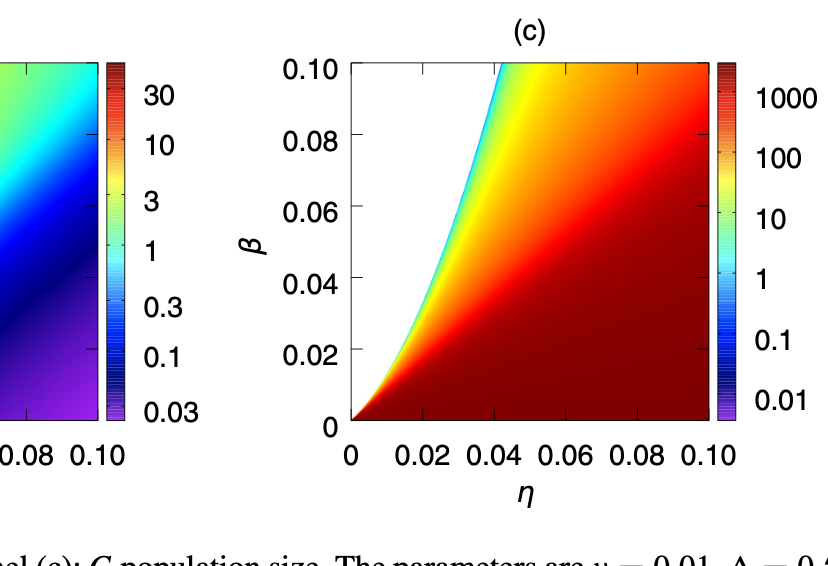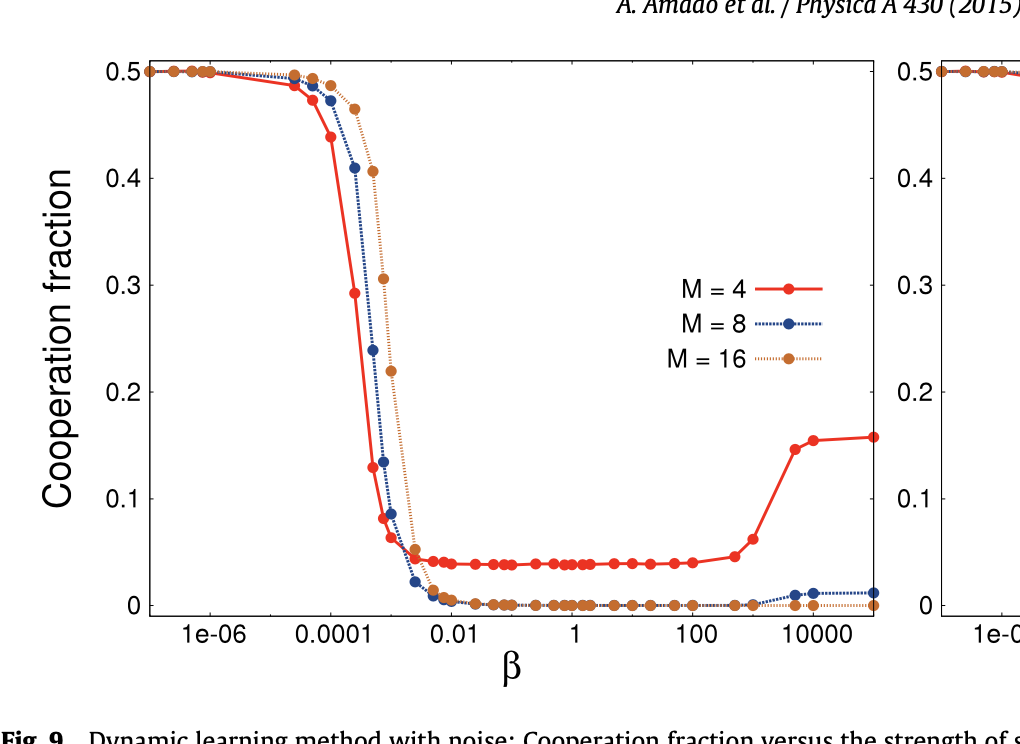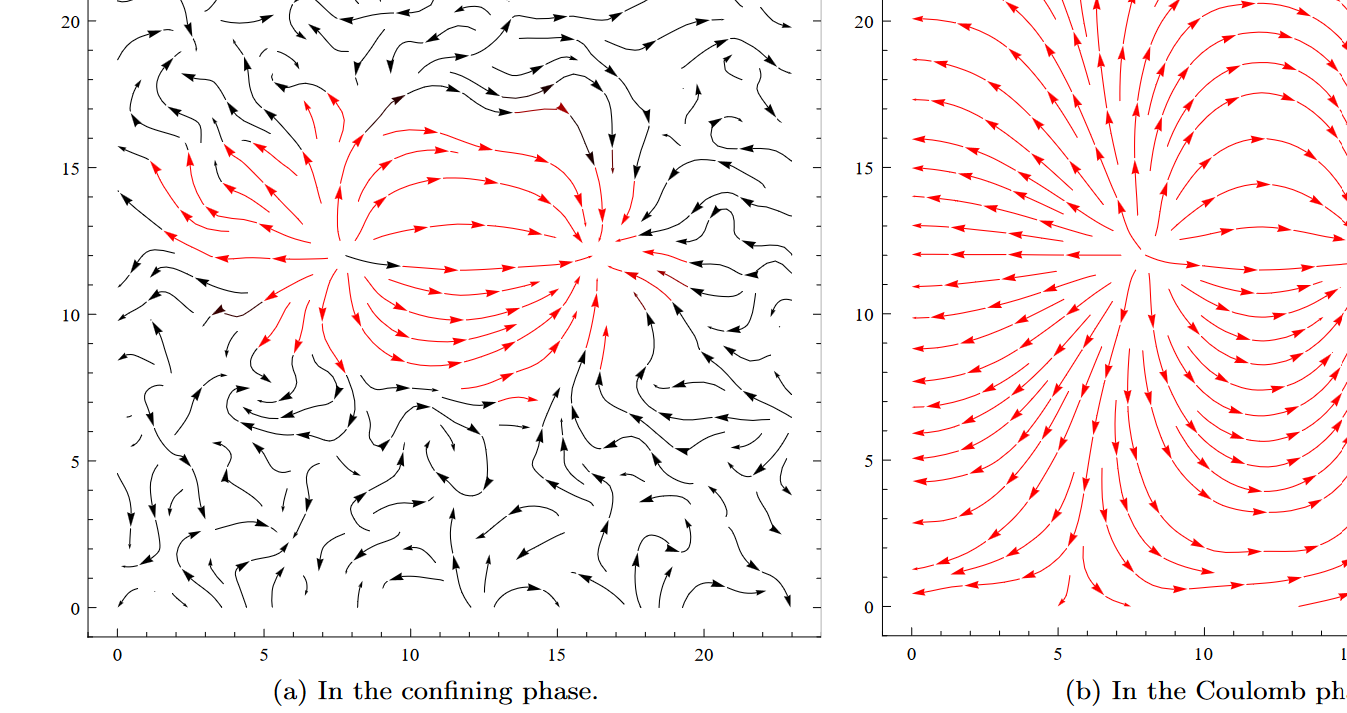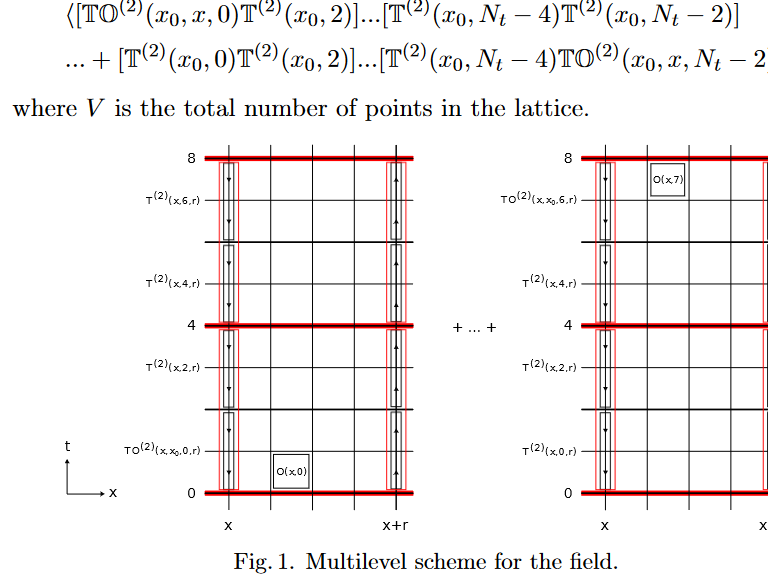André Amado
scientist | developer
Peer-reviewed publications (18)
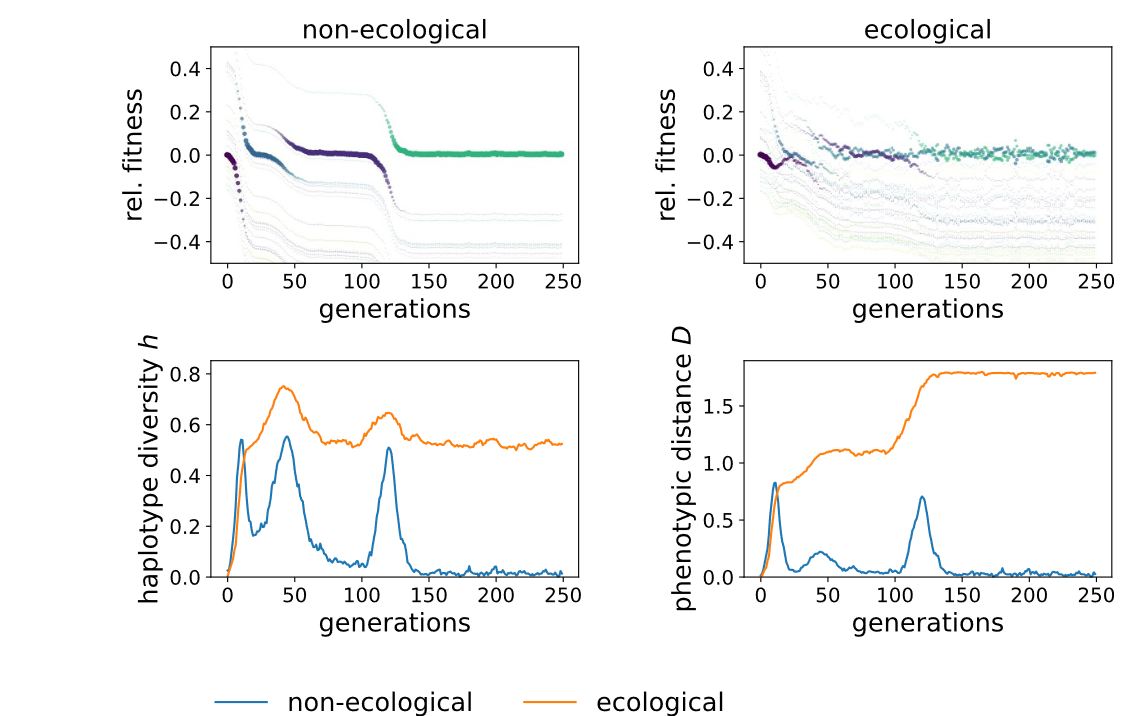
Bioinformatics Advances (2023)

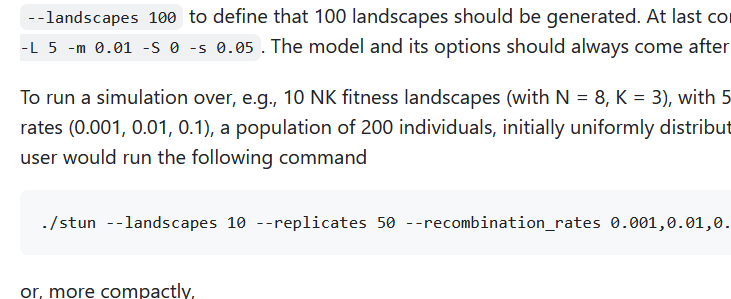
The European Physical Journal C (2020)

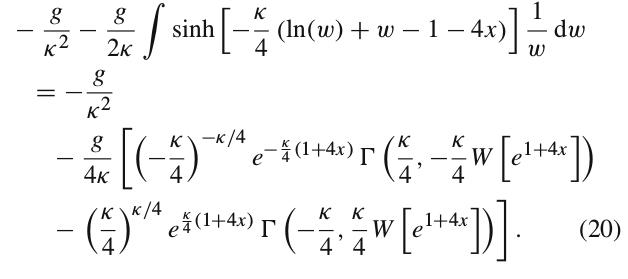
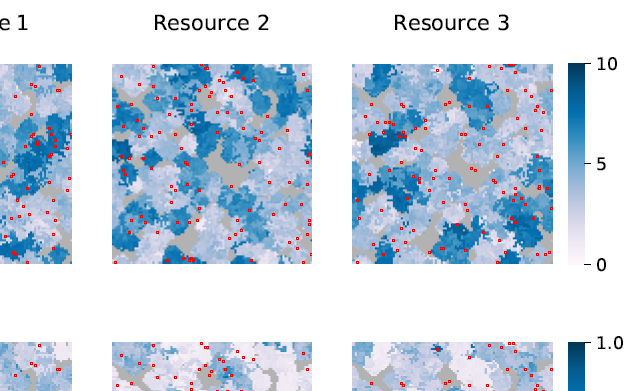
The European Physical Journal Plus (2019)

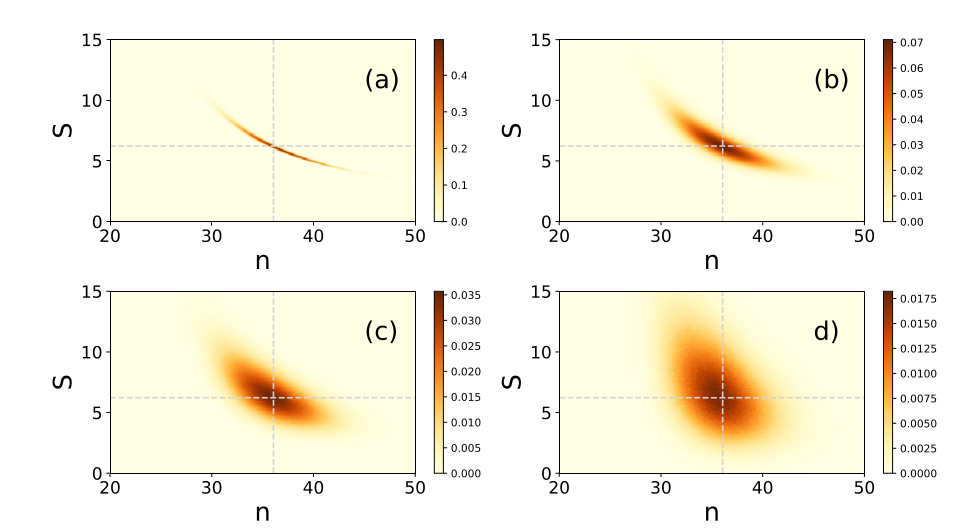
Journal of Statistical Mechanics (2017)

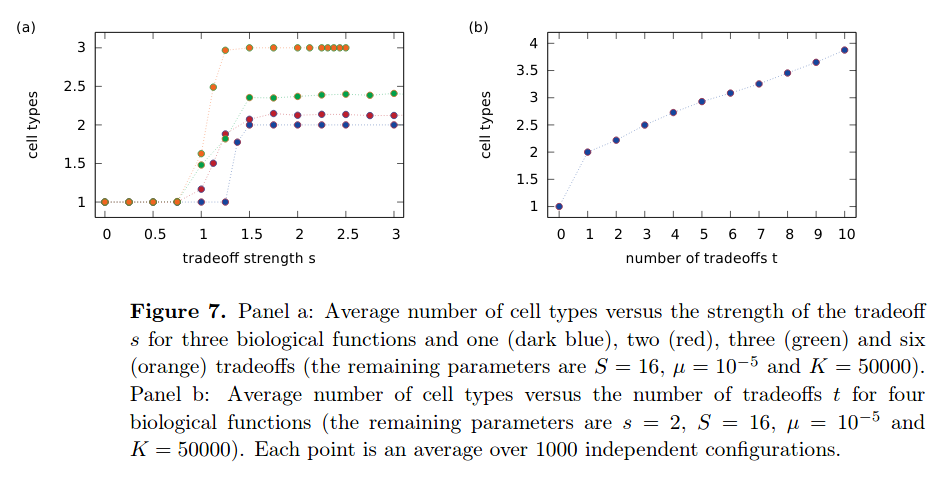
Other publications (2)
Conference participations and seminars (10)
Talk: Dynamic eco-evolutionary fitness landscapes display complex trajectories and sustained diversity
Poster: Dynamic eco-evolutionary fitness landscapes display complex evolutionary trajectories and sustained diversity
PREPARE meeting (Gulbenkian Science, Portugal)
Talk: Modelling fitness landscapes across environments
Poster: Modeling fitness landscapes across environments
Postdoc Seminar (Gulbenkian Science, Portugal)
Talk: Fitness costs of antimicrobial resistance in E. coli
Participation
Poster: Evolution of multicellularity: a mechanistic model
Poster: Tradeoffs and the evolution of complexity
Models in Population Dynamics and Ecology 15 (Universidade Federal Fluminense, Nitéroi, Brazil)
Poster: Predictability in populations evolving under imitation
Talk: Study of compact U(1) flux tubes in 3+1 dimensions in lattice gauge theory using GPU's
Student supervisions (2)
The combination of a Rough Mt. Fuji fitness landscape and a consumer resource model leads to more coexisting genotypes than resources available (Msc project and thesis)
University of Bern, Switzerland
Jérôme Stäheli (supervisor: Claudia Bank, co-supervisor: André Amado)
Avaliação da qualidade de um modelo de fitness landscapes em múltiplos ambientes (BSc project and thesis)
Universidade Nova de Lisboa, Portugal
Inês Borges (supervisor: André Amado, co-supervisor: Claudia Bank)
Peer review for scientific journals
Evolution
Evolutionary Applications
Journal of Molecular Evolution
Journal of Physics A: Mathematical and Theoretical
PLOS ONE
Proceeding of the Royal Society B
Scientific Reports
Schools and other courses (5)
Gulbenkian Science, Portugal
Física Biológica (10 hours)
Federal University of Pernambuco, Brazil
Contour Dynamics and Integrable Systems (10 hours)
Federal University of Pernambuco, Brazil
Instituto Superior Técnico, Portugal
The Abdus Salam International Centre for Theoretical Physics (ICTP), Italy

